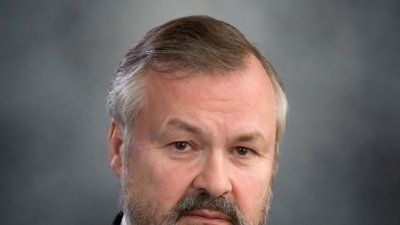49ers, Seahawks Matchup Sparks a Greater Competition
Thanks to generous fans and players, kids at UCSF Benioff Children’s Hospital and Seattle Children’s Hospital will be the true winners of Sunday’s matchup of the San Francisco 49ers and the Seattle Seahawks.





